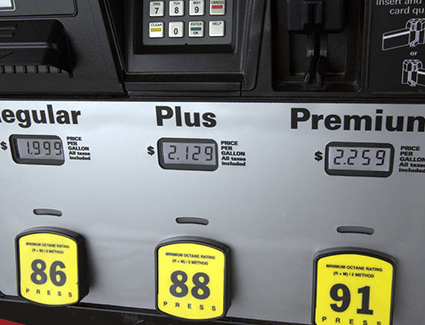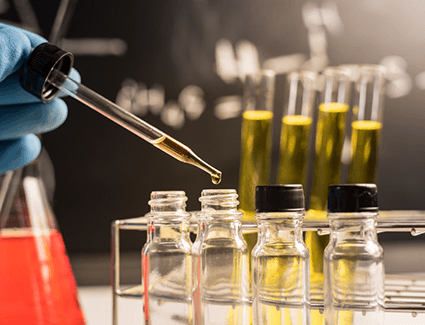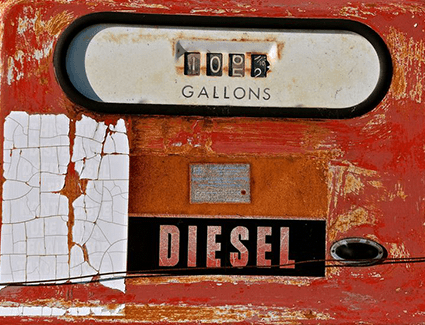What Fuels Your Ride? 4 Different Types of Automotive Fuel

Until the laws of physics are rewritten and the perpetual motion machine gets invented, _something_ is needed to make stationary objects move. For most automobiles, fuel is that something. Whether you drive an old clunker or the latest state-of-the-art car, you'll need to give it fuel regularly. Of course, there's not just one type of fuel--there isn't even just one kind of gasoline! On this page, we'll look into the four most common fuel sources for cars and trucks.


4. Gasoline
Refined from crude oil, gasoline is by far the most common type of fuel used in passenger cars. When you pull up to the gas station, you'll notice that there are likely three different gasoline choices: regular unleaded, mid-grade, and premium. Though the wording varies from station to station, one thing will remain similar: the number that corresponds to the words. This number is the octane rating. The octane rating tells you how much compression that type of gas can handle before it prematurely ignites. The higher the number, the more resistant it is. To find out which type of gas you should be using, check your owner's manual. If it says that your car needs only regular gasoline (usually 86 or 87), you won't get any benefit from using mid-grade or premium gas. However, it your car requires mid-grade (usually 88 or 89) or premium (usually 91 or 93), using a lower-octane gasoline will likely decrease your car's power and fuel efficiency. It could also possibly cause damage to the engine due to the fuel igniting from compression before the spark has a chance to ignite it.
The gas that you pump into your car isn't purely gasoline. Every company adds detergent additives to make sure that your car runs cleaner and your engine is more resistant to carbon buildup. But these detergents may not be the only thing added to your gasoline. . . .
3. Ethanol Blends
Ethanol is a type of denatured alcohol often used as a biofuel. Though most ethanol produced in the United States is made from corn, it can also be made from other biomass materials like sugar cane, sugar beets, and sorghum. It's commonly mixed with gasoline to reduce emissions. In fact, it's likely that the gas in your tank right now has up to 10% ethanol in it. For levels above that, there are special dispensers. E15 gas is a blend of 15% ethanol and 85% gasoline, and E85 is a blend of 85% ethanol and 15% gasoline. E15 should only be used by vehicles built within the last decade, while E85 is exclusively for Flex Fuel vehicles.
2. Diesel Fuel
We mentioned earlier that gasoline igniting from compression can be a big problem. With diesel fuel, that's the whole point. While gasoline engines use a spark to ignite the fuel, diesel engines compress the fuel until it ignites. For this reason, diesel fuel has a very low octane rating: combustion by compression is the goal, not a problem!
Like gasoline, diesel fuel is generally also refined from crude oil, but with a refining process that's different from that of gasoline. However, diesel fuel can also be made from different sources. Biodiesel is made from vegetable oils and animal fats, while gas-to-liquid diesel refines natural gas.


1. Electricity
More automakers are moving towards using electricity to power vehicles, both in part (hybrid vehicles) and fully (electric vehicles). At the time that this article was written, Volkswagen has the e-Golf, which is powered entirely by electricity. What's more, there are several electric VW concept cars. Instead of using gasoline, diesel, or any other liquid fuel to work, electric vehicles use an electric motor to move their wheels. This motor is powered by a rechargeable battery that stores electricity. Though the main method of recharging these batteries is by plugging the vehicle into a wall socket or a recharge station, electricity is also created by methods like regenerative braking, which captures some of the energy from braking. As time goes by, expect electric vehicles to become more popular.


